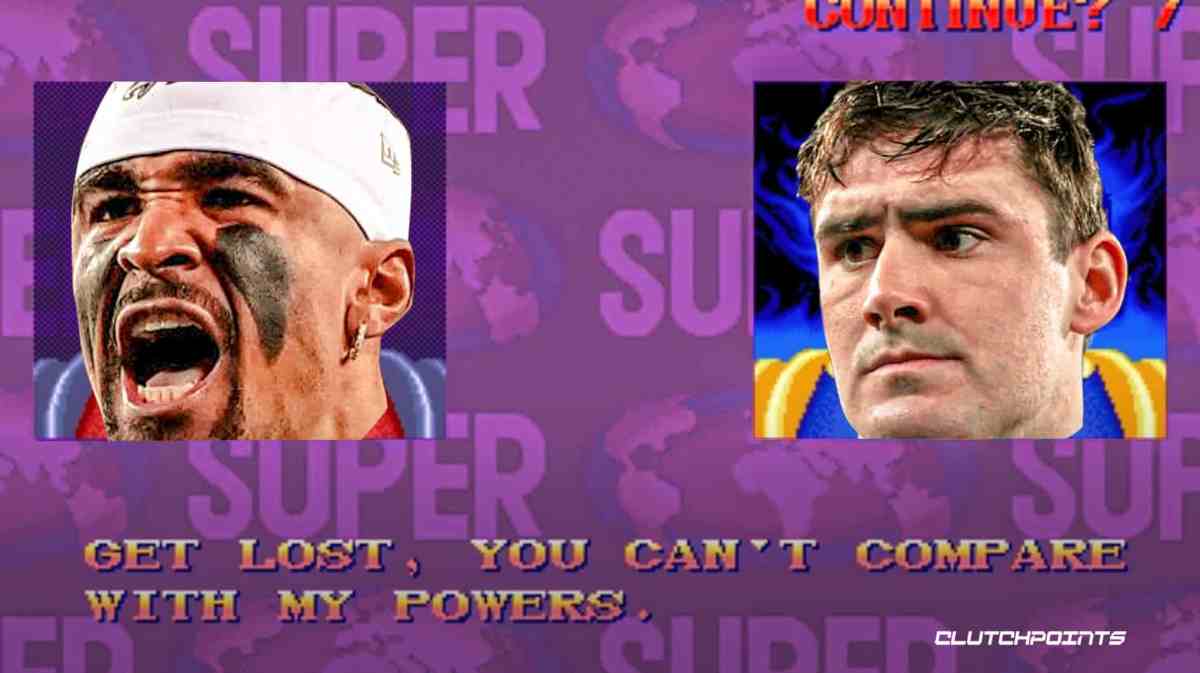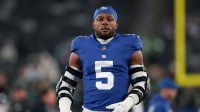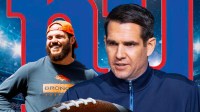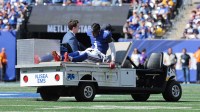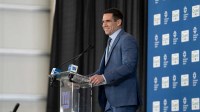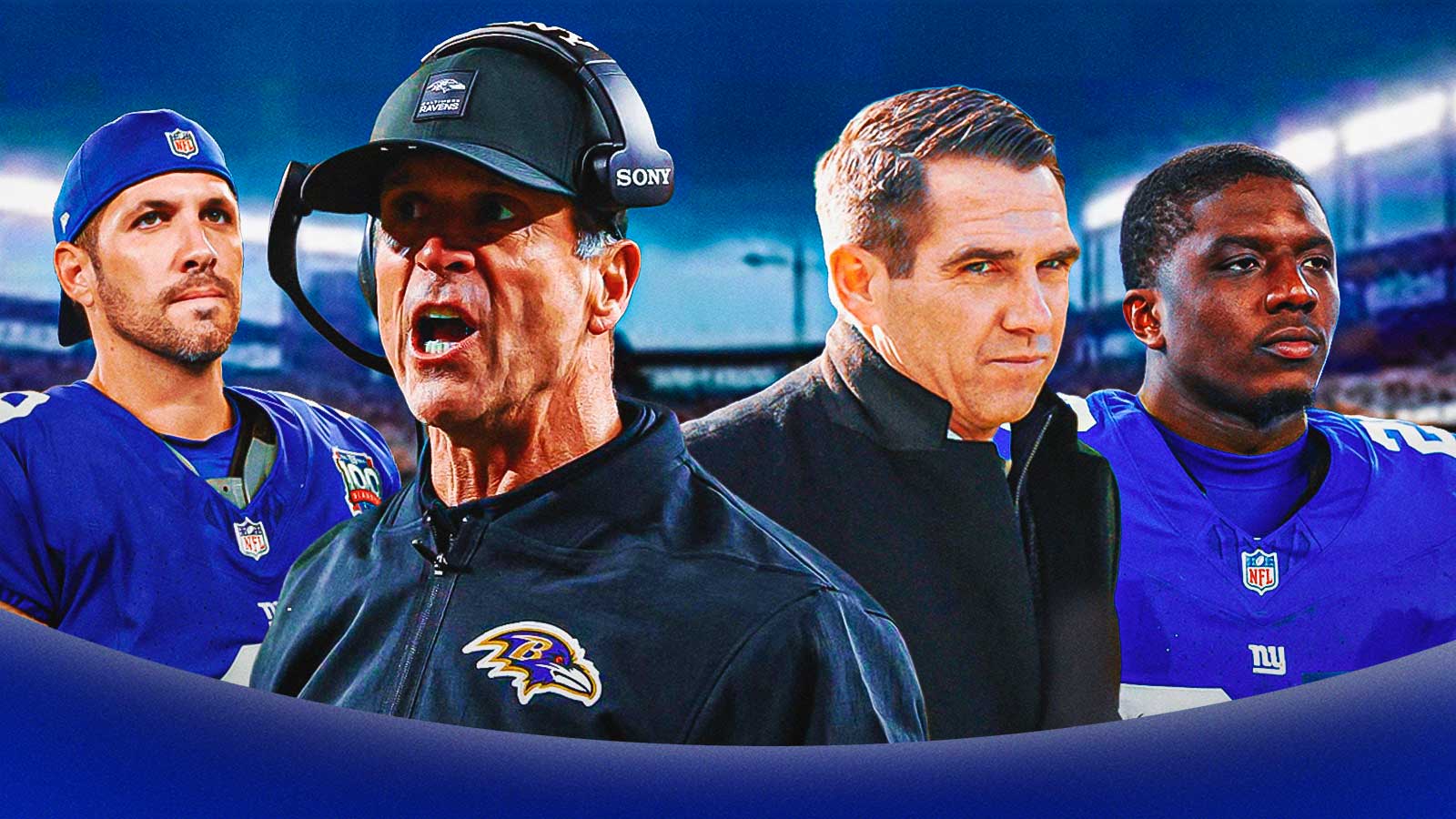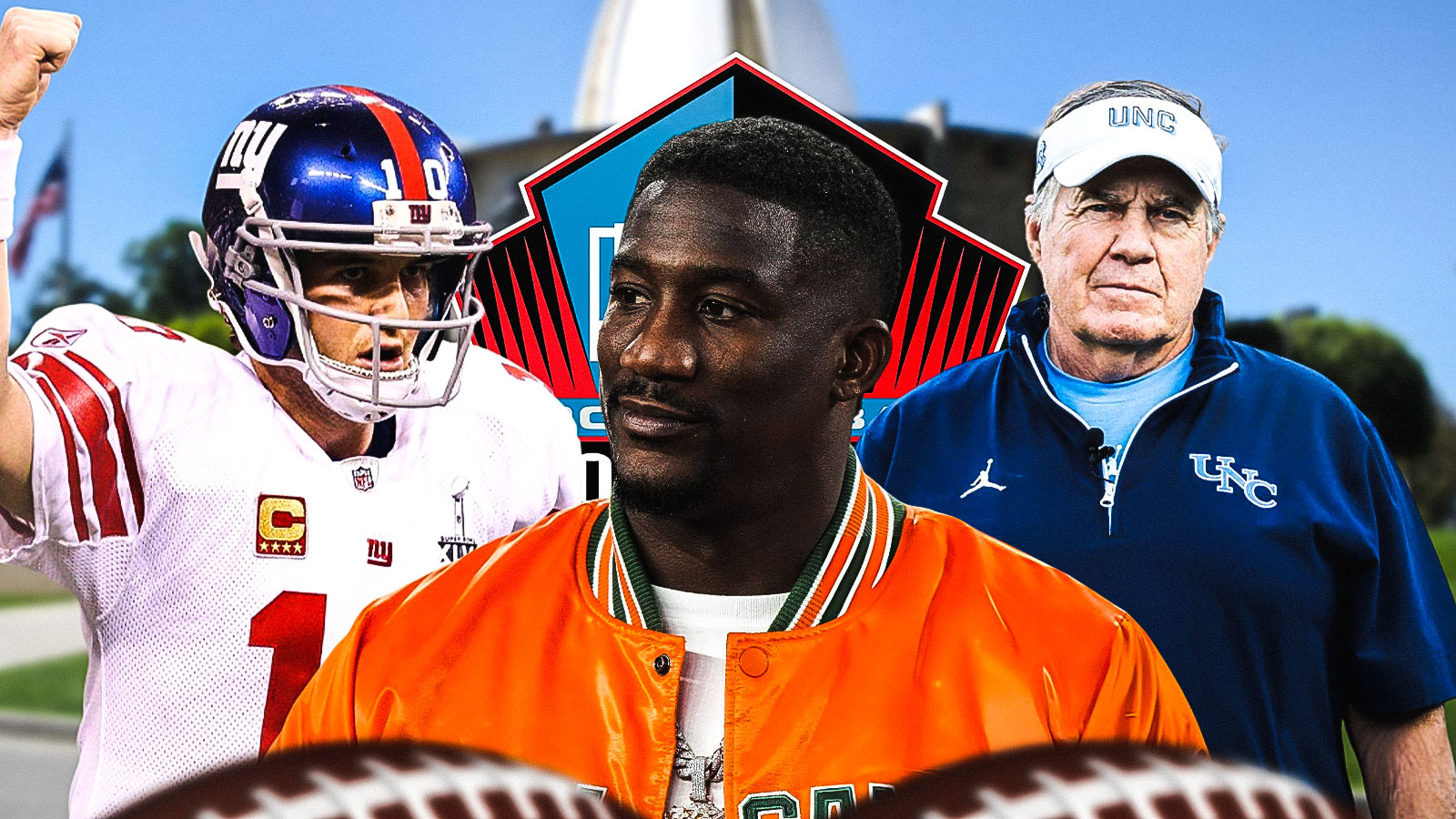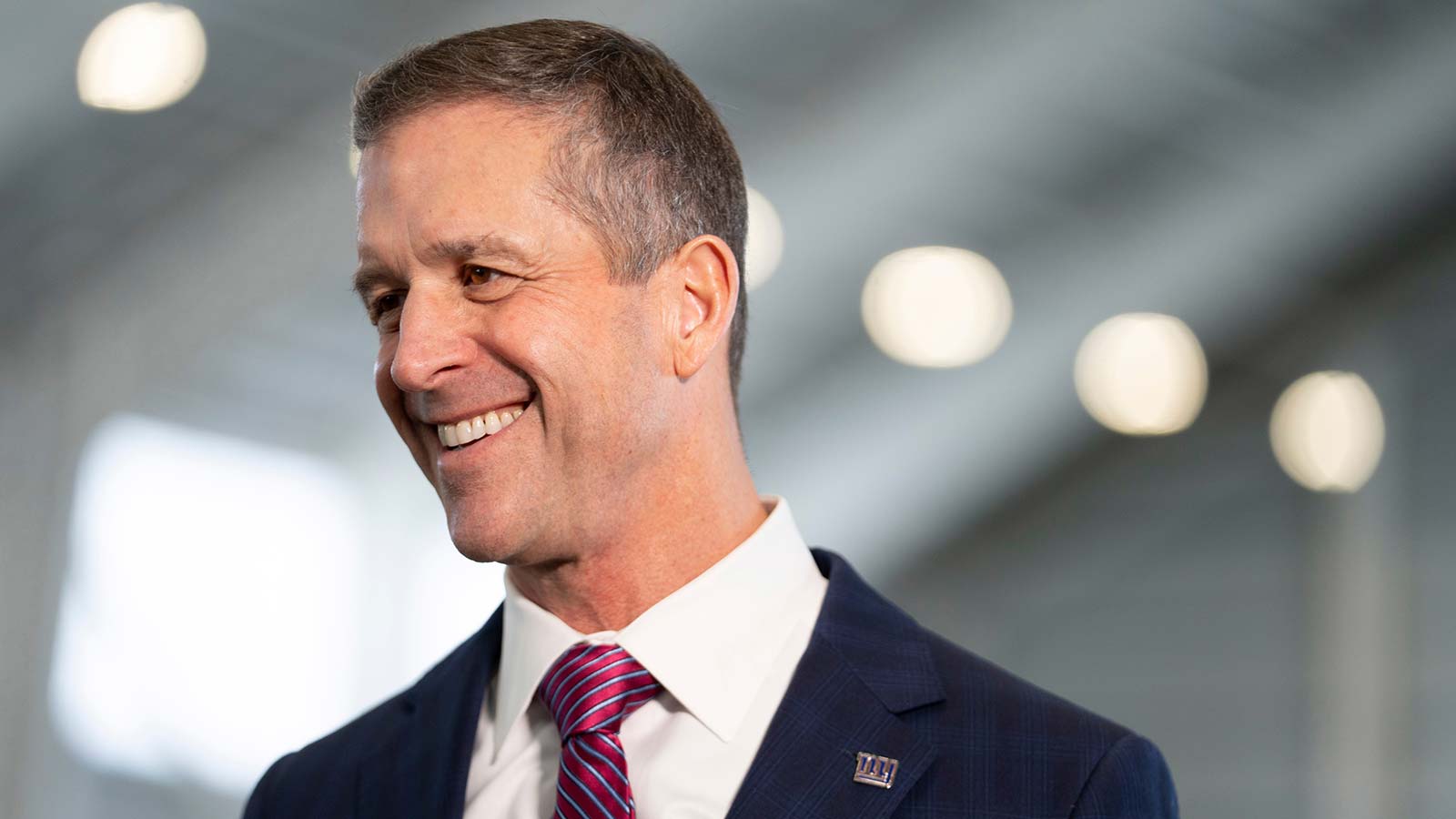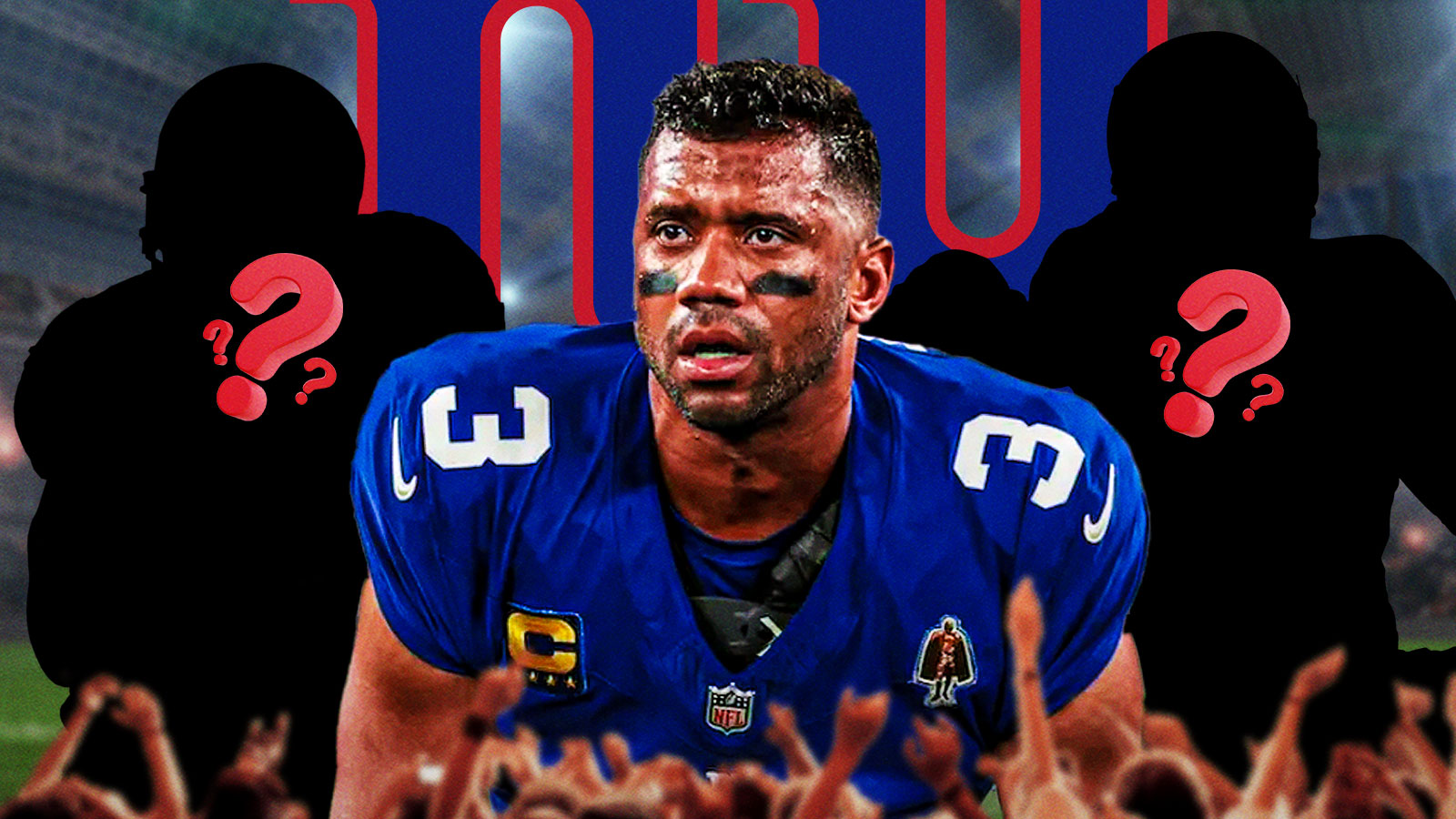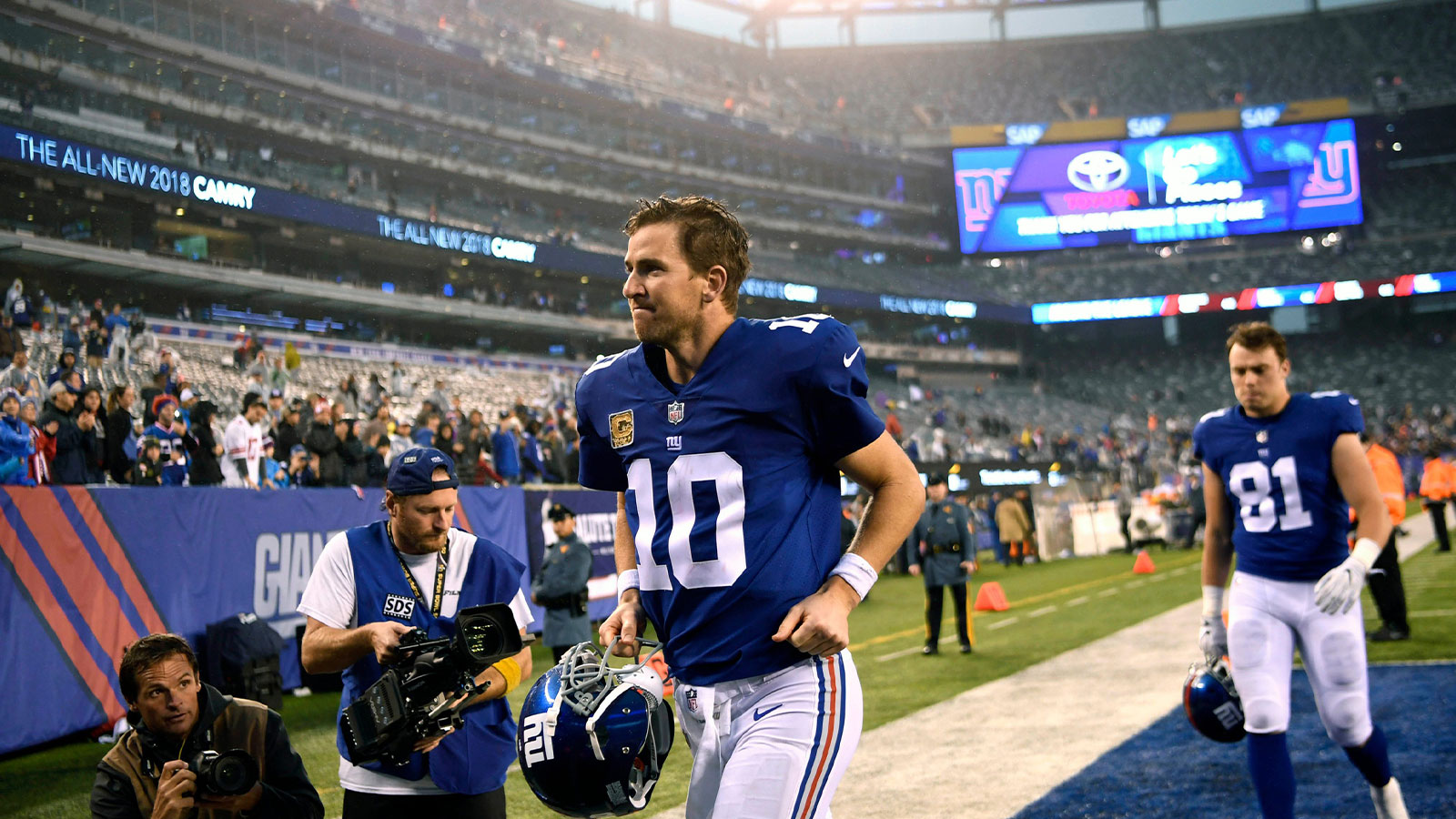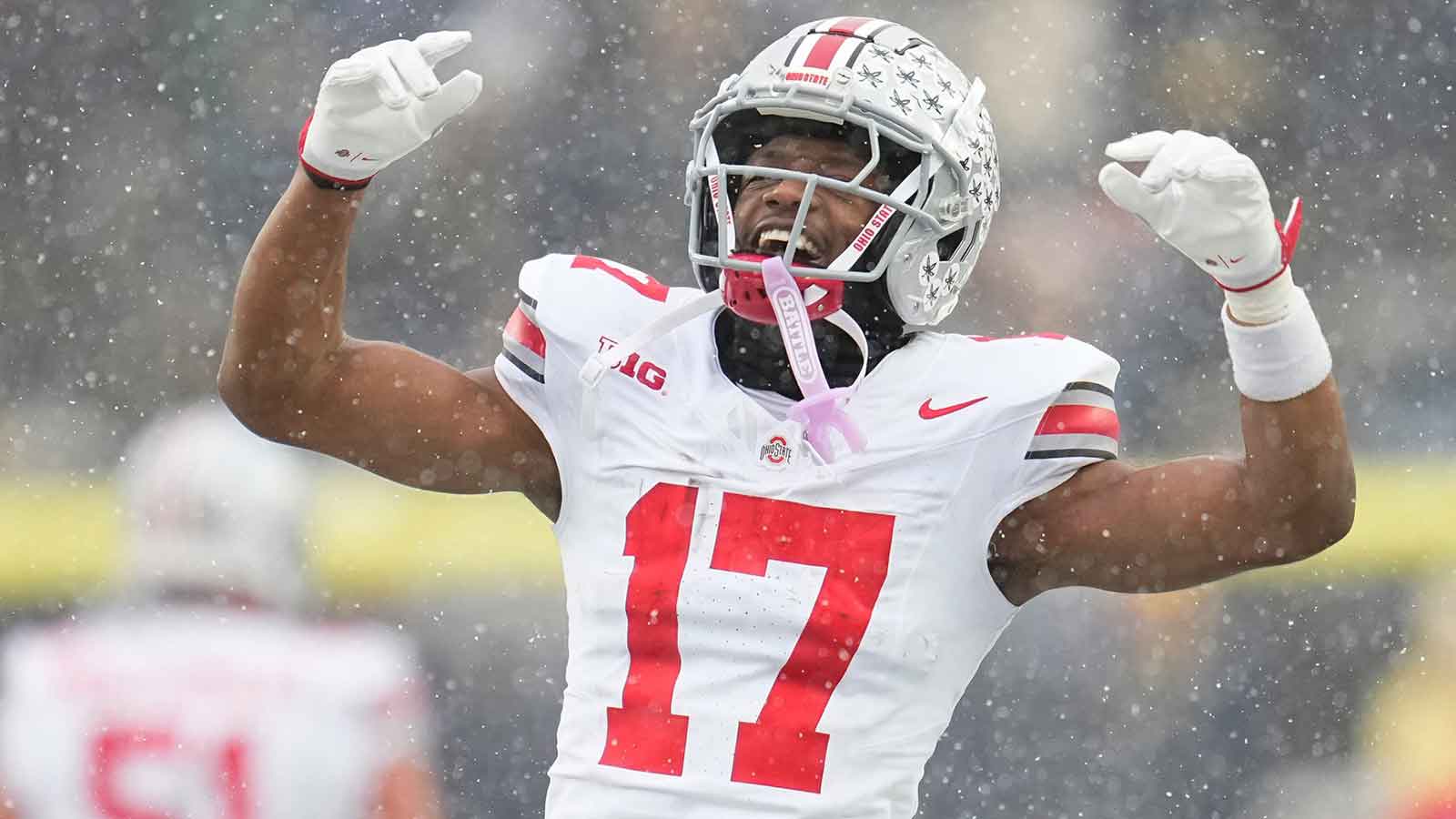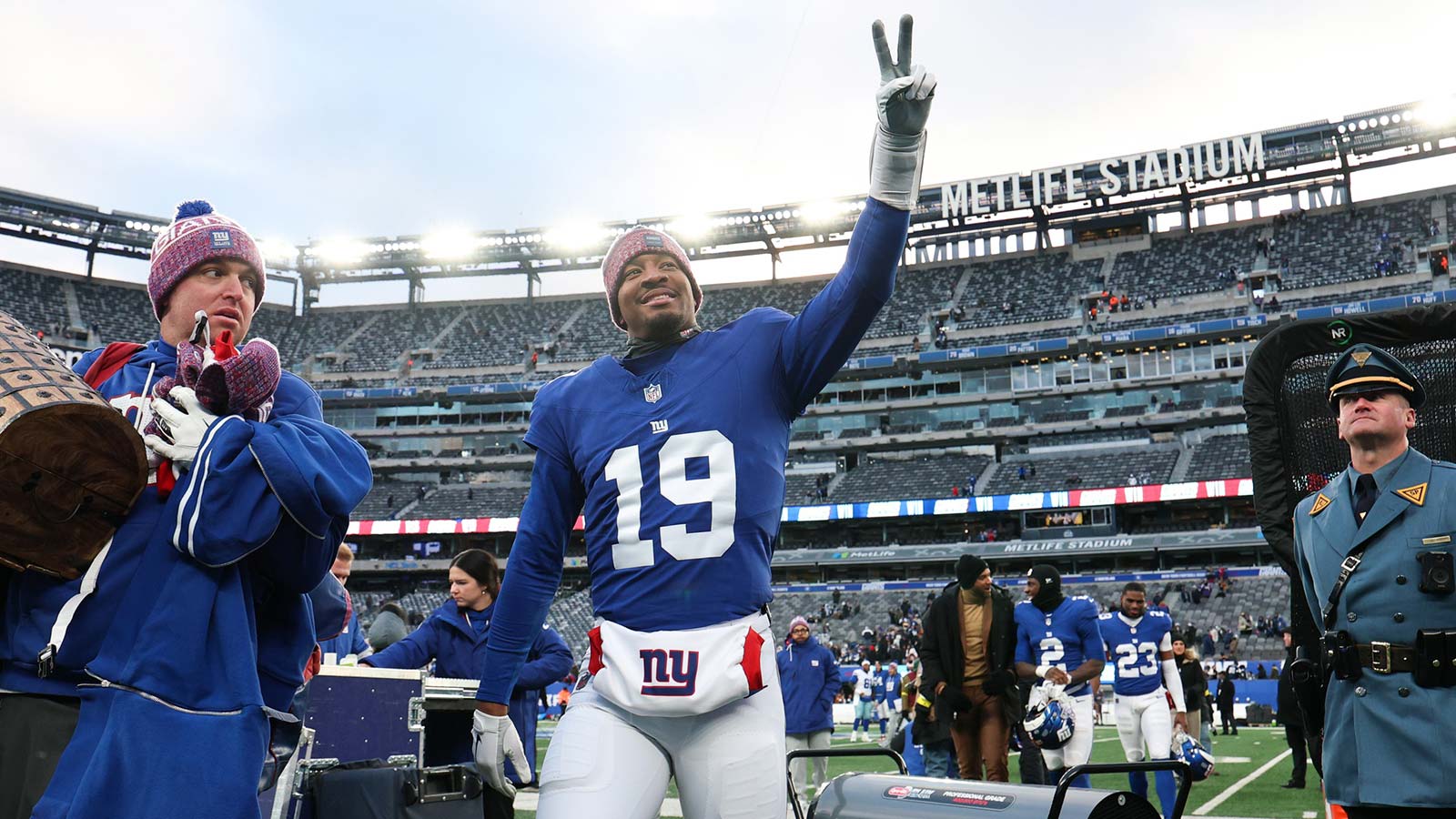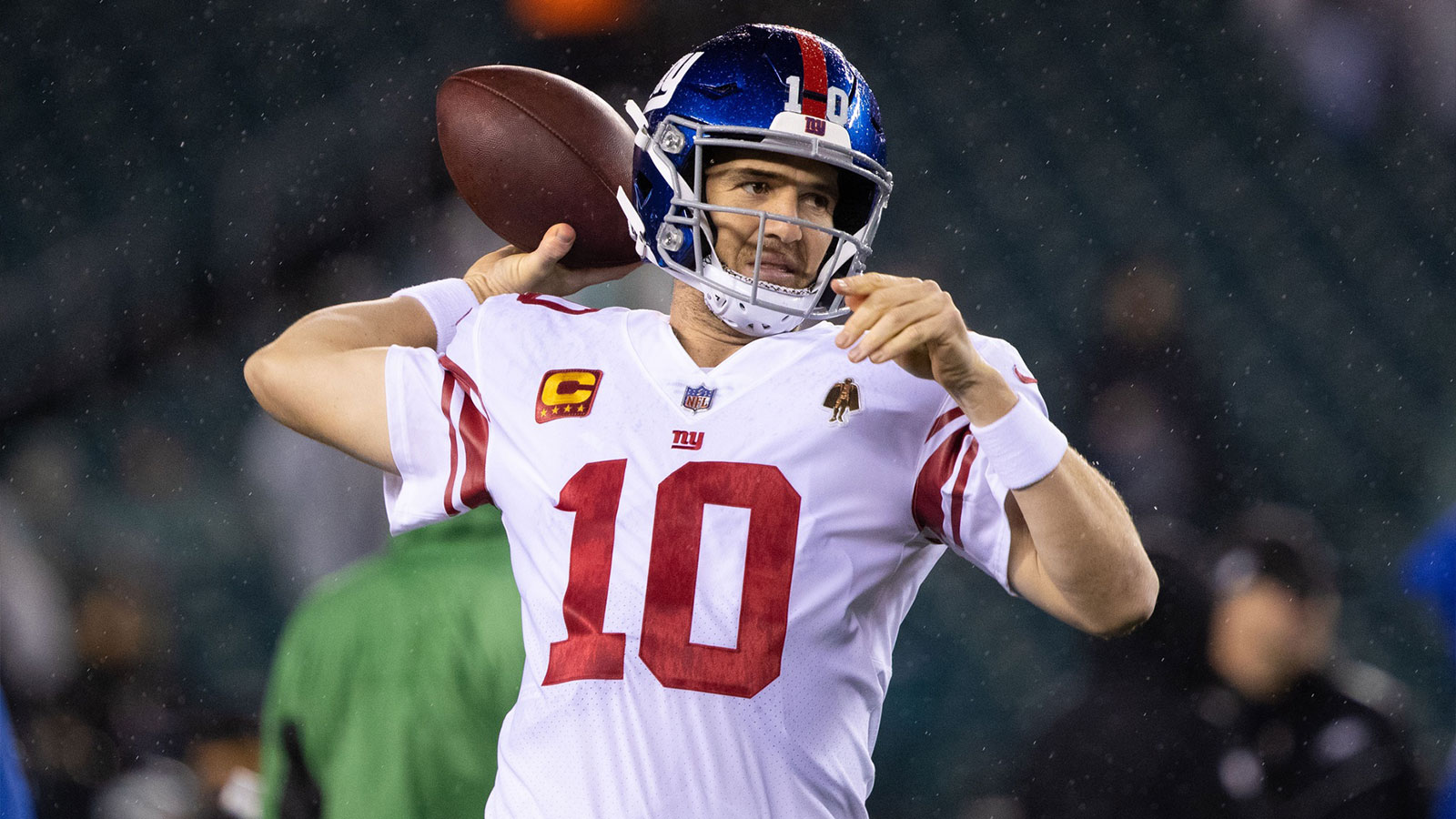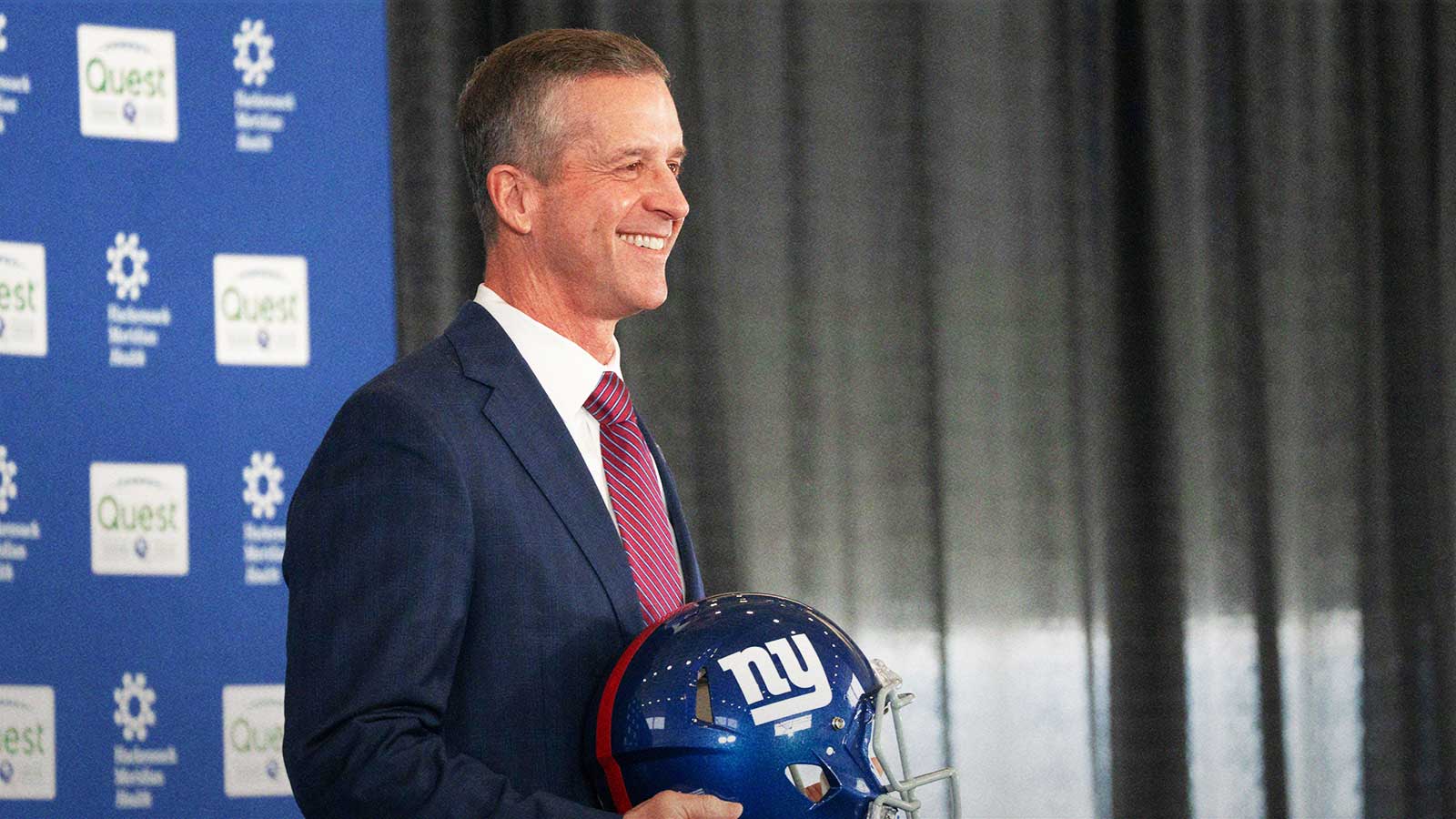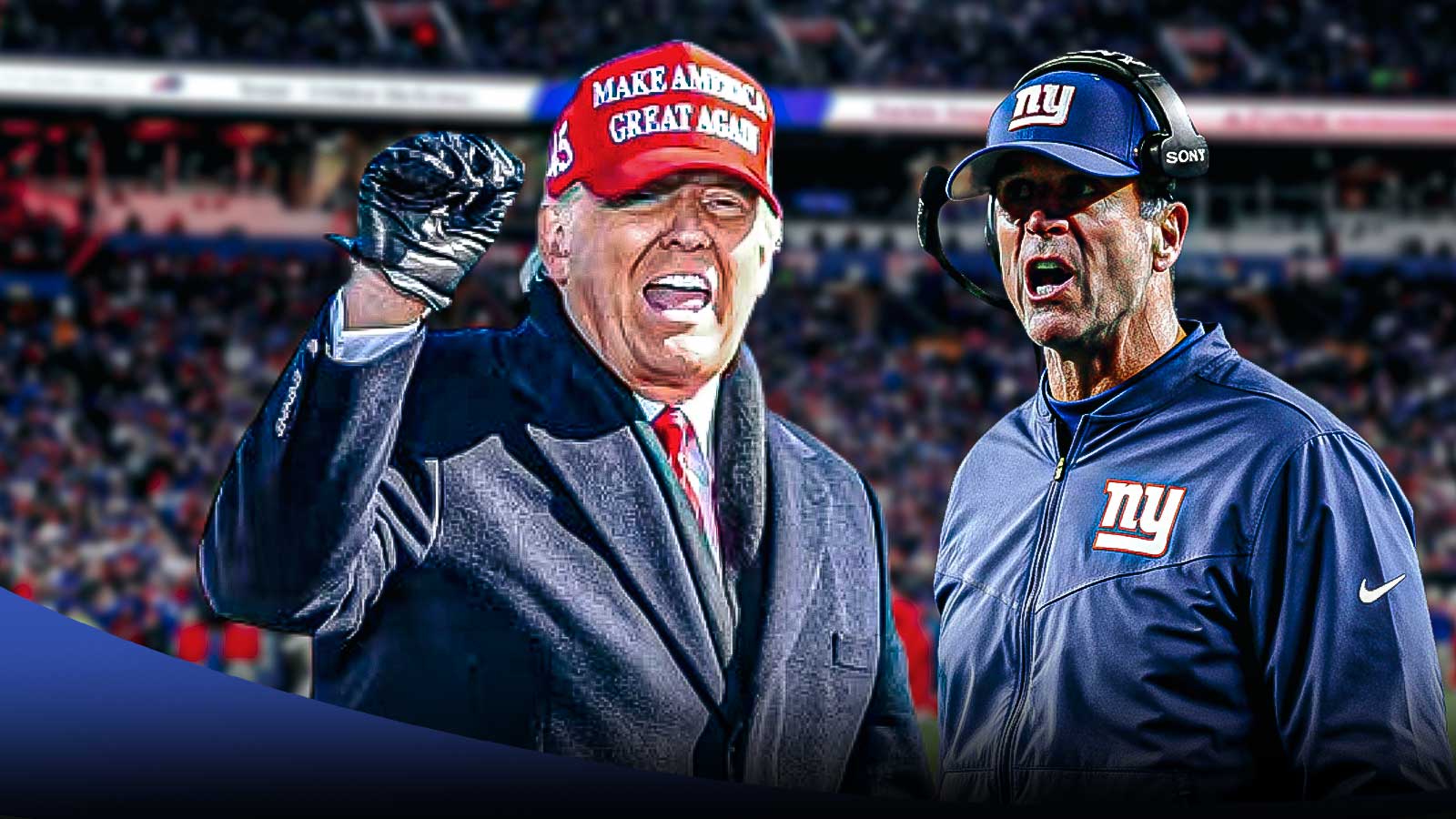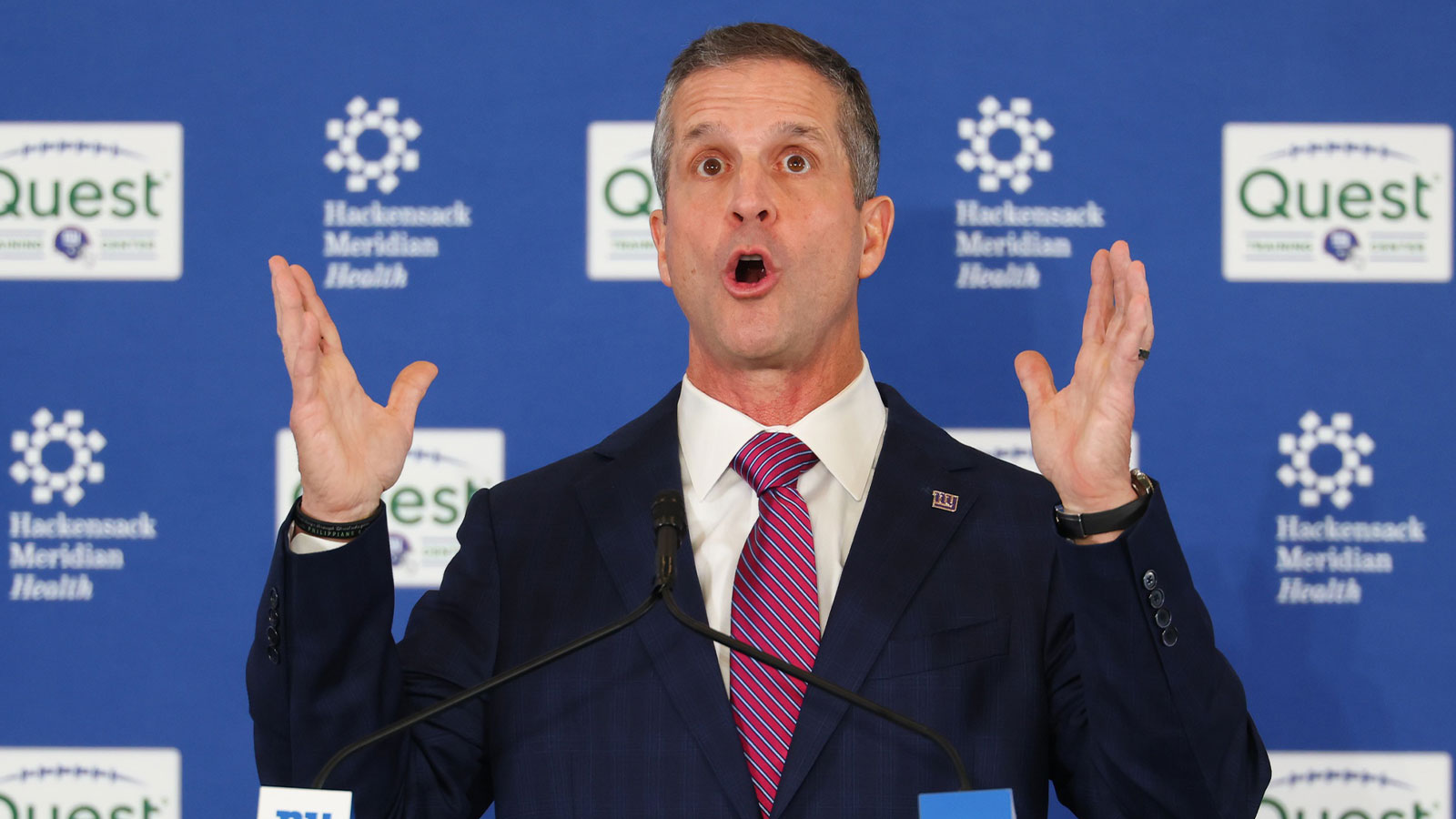With a regular-season record of 9-7-1 and a Wild Card win against the Minnesota Vikings, the Giants considerably surpassed expectations this season. However, the overachieving Giants came crashing back to earth on Saturday night against the Philadelphia Eagles, 38-7. Consequently, their season came to an abrupt end. Here we'll discuss the four Giants most to blame for their NFL Divisional Round loss vs. the Giants.
On Saturday night, the Giants had a poor performance resulting in their worst game of the year. The coaches, players, and everyone in between just could not solve the Eagles' puzzle. Despite this disappointment, the Giants have to be proud of how far they came. This is an indication of how much the Giants have improved in a short period of time.
Remember that initially, it was believed that the Giants would only win 3-5 games and even the most optimistic predictions had them ending with an 8-9 record. Well, they have certainly far exceeded those projections.
For now, let us look at the four Giants most to blame for their NFL Divisional Round loss vs. the Giants.
4. Giants Wide Receivers
The Giants received strong performances from Isaiah Hodgins, Darius Slayton, and Richie James during the season. However, their performance was just insufficient during their Divisional Round match against the Eagles.
Hodgins and Slayton had minimal catches, and James dropped a potential touchdown. The Eagles' experienced secondary, headed by James Bradberry and Darius Slay, effectively neutralized the Giants wide receivers.
Giants offensive coordinator Mike Kafka was also unable to create good opportunities for his receivers here. In the end, Hodgins, Slayton, and James all combined for a paltry 58 of the Giants' 135 receiving yards. We guess this means they will need a true WR1 next season.
3. Giants Defense
The Giants defense had a poor performance in this game. It allowed 268 yards on the ground and gave up a total of 38 points. The Giants also managed just one sack from safety Xavier McKinney. They were plainly outmatched throughout the game.
The Eagles' 268 rushing yards is particularly troubling. Take note that this has been a persistent issue for the Giants defense all season, with the team giving up 5.3 yards per rushing attempt. That ranks second-last in the NFL. Against the Eagles, they allowed an average of 6.1 yards per attempt.
The Giants defensive line of Dexter Lawrence and Leonard Williams was also unable to contain Eagles center Jason Kelce and the rest of the Eagles' offensive line. Additionally, the Giants linebackers failed to provide any significant support. For sure, the Giants should address these issues in the offseason.
2. Giants Offensive Line
New York's offensive line was overpowered from start to finish here. The Giants offensive front just appeared slow and disorganized. In fact, they allowed each member of the Philadelphia defensive front to record at least one sack. Giants QB Daniel Jones surely felt the pressure. He was sacked five times and hit eight other times.
On 4th & 8, Daniel Jones 8-yd sack by Haason Reddick .. turnover on downs#Giants 0 #Eagles 7 1sᴛ pic.twitter.com/n13qqcXp68
— Sᴘᴏʀᴛs 24/7 (@Sports_24x7_) January 22, 2023
This was an issue that was evident in their previous game against the Eagles in Week 14 and to a lesser extent in Week 18. Aside from the exceptional play of left tackle Andrew Thomas, the Giants' o-line just kept failing to hold its own against the talented players on the Eagles defensive line.
Haason Reddick recorded 1.5 sacks, three quarterback hits, and a tackle for loss. He had success against rookie right tackle Evan Neal. The latter has a promising future but will need to improve in the upcoming offseason.
1. QB Daniel Jones
Daniel Jones had a poor performance against a strong defense. He finished with a subpar 135 passing yards and 24 rushing yards. Keep in mind that in the previous game against Minnesota, Jones threw for 301 yards and two touchdowns. He also added 78 yards on the ground.
While it was not expected that he would have similar numbers against the Eagles, it was still surprising how he and the offense struggled as much as they did. The difficulties of both the receiver corps and offensive line surely affected Jones as well.
Of course, the interception by Bradberry on Jones early in the game was a big setback, but many thought Jones would be able to recover from it. However, he and the offense were unable to get into a rhythm for the rest of the game. Jones just could not step up when it mattered most. How that will affect his status on the team moving forward will certainly be a talking point in the offseason.
Coach Brian Daboll may also share part of the responsibility. While he gets praise for revitalizing Jones this season, his situational judgment in this game should have been a little

